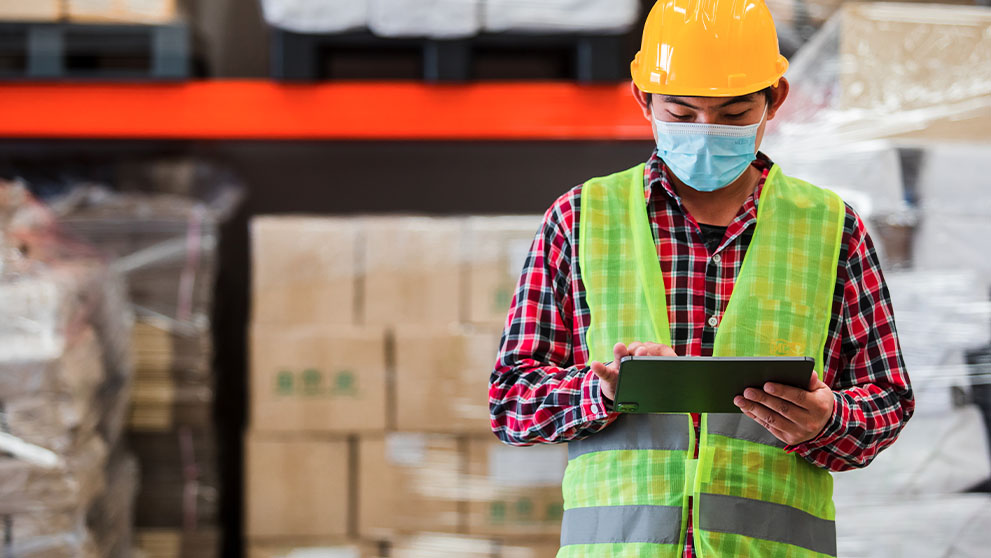For nearly two decades, China has been Nigeria's largest trading partner, with goods worth a staggering N7.5 trillion exchanged in 2023 alone. The allure of sourcing products from China lies in the combination of high-quality items and competitive prices.
However, finding verified Chinese suppliers and negotiating favorable deals can be daunting, especially for newcomers. This guide aims to help you navigate the intricacies of sourcing from China and secure the best deals, even if you're just starting out.
Research Suppliers Online
For those new to sourcing from China, the journey begins with a thorough online search. Numerous websites like Aliexpress, Alibaba, DHgate, and Banggood provide platforms to interact with vendors. These sites offer a broad array of options, but it's crucial to approach your search with due diligence and patience.
One of the initial hurdles is distinguishing between manufacturers and resellers. When dealing with products that have technical specifications, it’s generally more beneficial to choose a manufacturer over a reseller for cost-effectiveness. However, for items like toys or inexpensive electronics, resellers can still be a viable option.
Platforms such as Alibaba can be particularly useful as they feature ratings for various manufacturers and suppliers. However, bear in mind that these ratings may not always be entirely accurate. For example, suppliers who purchase an Alibaba premium membership can more easily obtain a gold provider rating. While helpful, these ratings should not be your sole criterion for selection.

Verify Your Suppliers
After compiling a list of potential vendors based on their experience and ratings, the next critical step is to verify their credentials.
This involves confirming whether the suppliers are actual factories or middlemen and if they possess the technical expertise and capacity to produce what you need.
Request documents such as VAT invoices, audited accounts, or factory registration documents. Ask for their registration and business license numbers. A reputable supplier should readily provide this information.
Be cautious of red flags. For instance, if a supplier conducts business solely through a mobile phone, it might raise concerns, though it isn’t always a definitive indicator. More importantly, if a supplier cannot provide a company registration number or business license, it's best to avoid doing business with them.
For added security, verify the registration numbers with the local administrative government or the Bureau of Industry and Commerce. Additionally, requesting references from past customers is an excellent way to confirm the supplier's reputation and history.
Balancing Price and Quality
One of the key advantages of sourcing from China is the significant cost savings due to low manufacturing and labor costs. However, it’s crucial to approach pricing discussions with your supplier carefully.
Every supplier has a standard minimum cost to produce goods. To determine fair pricing, thoroughly research the product costs and the current market price. With this knowledge, you can better evaluate the offers you receive.
Be wary of prices that are significantly below the market average, as they may indicate subpar quality. Even more concerning is a price that falls below the minimum market price or the product's cost price—this should be seen as a red flag. Such pricing could mean the supplier is compensating for something you haven't noticed yet, potentially compromising quality or other critical aspects of the product.

Streamline Your Shipping with DHL
Once you’ve sourced your products from China, ensuring they reach you seamlessly is crucial. DHL offers fast, reliable delivery options, real-time tracking, customs clearance assistance, and flexible solutions for businesses of all sizes.
By partnering with DHL, you can focus on finding great deals while experts handle your logistics, preserving your sourcing savings and completing your journey with confidence.




















